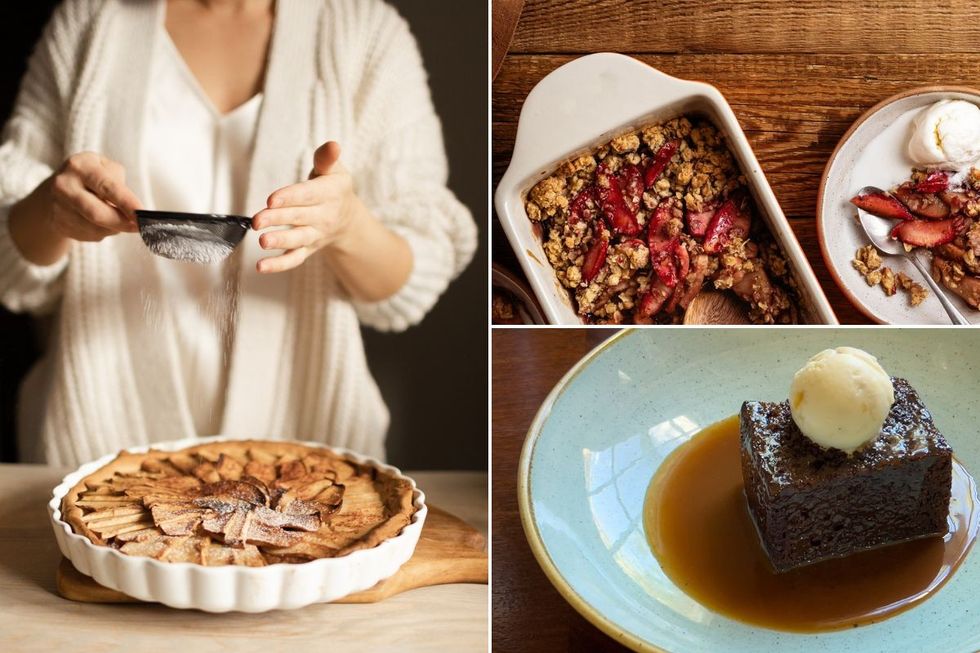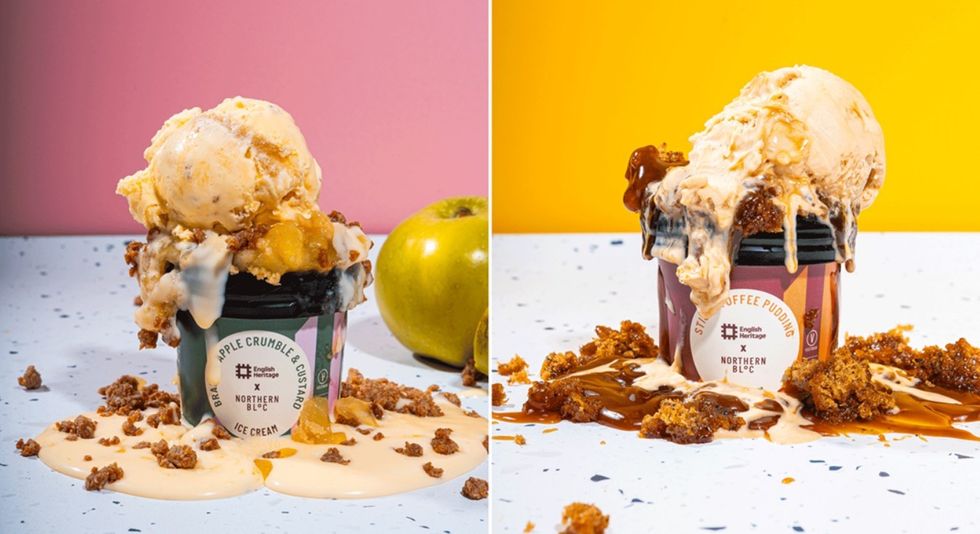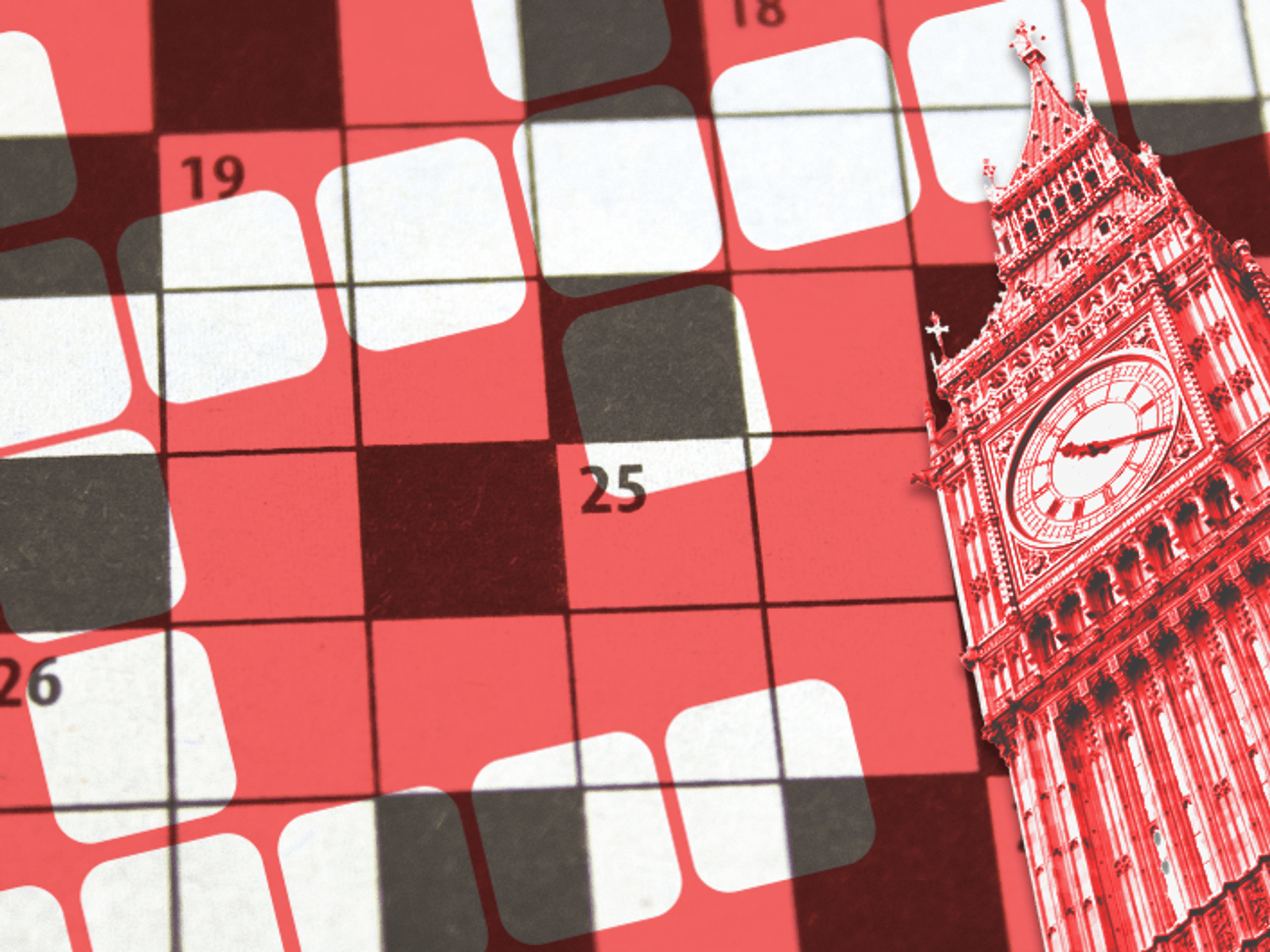Classic British desserts 'on the verge of extinction' as nation turns its back on homemade puddings

GB NEWS

The nation is reaching for 'easy' cold desserts over historical favourites like crumbles, pies and puddings
Don't Miss
Latest
Traditional British desserts are teetering on the brink of disappearance, with a mere two per cent of households preparing homemade puddings daily, according to alarming new findings from English Heritage.
The charity has issued a stark warning about the fate of classic British sweets, revealing that 62 per cent of families now create these traditional treats monthly or even less frequently.
"Sweet puddings are closely intertwined with British history, and although our waistlines might benefit, I think we'd all agree, it would be a huge shame for them to die out," declared Dr Andrew Hann, senior curator of history.
**ARE YOU READING THIS ON OUR APP? DOWNLOAD NOW FOR THE BEST GB NEWS EXPERIENCE**
The research paints a troubling picture of Britain's changing culinary habits.
The dramatic shift began during the 1970s when increasing numbers of women joined the workforce, fundamentally altering family meal preparation habits.
Nearly half of those born before 1970 reported that their parents made homemade puddings multiple times weekly, "even during the hottest days of summer," yet this figure plummeted to just 25 per cent for those born in that decade.
The downward spiral has persisted relentlessly. Merely 14 per cent of 18-24-year-olds recall regular parental pudding-making, while 28 per cent state that their parents "never made homemade puddings".

Classic hot puddings, such as crumbles, pies and steamed puddings, are the top choice for 36 per cent of us
|GETTY
Today's statistics paint an even bleaker picture, with 35 per cent of British households never preparing any puddings whatsoever, marking a seismic shift from the nation's once-cherished dessert traditions.
In response to this culinary crisis, English Heritage has unveiled pudding-flavoured ice creams at its historic locations and will release a traditional baking cookbook this September.
The charity has partnered with Northern Bloc to create Sticky Toffee Pudding and Apple Crumble and Custard ice cream varieties, exclusively available at English Heritage sites nationwide.
"We hope to reignite the British love affair with classic desserts," the organisation stated, warning that without intervention, traditional puddings could "all but within the next 50 years".
LATEST DEVELOPMENTS:

English Heritage's pudding-flavoured ice creams aim to 'reignite the love affair' with classic desserts
|English Heritage
The forthcoming English Heritage Baking Book will feature recipes for beloved classics alongside forgotten treats like soul cakes and cabinet pudding, complete with historical context for each dessert.
The research exposes a stark generational divide in dessert preferences. While 45 per cent of over-55s favour traditional hot puddings like crumbles and steamed varieties, merely 17 per cent of under-25s share this enthusiasm.
Despite 36 per cent declaring classic hot puddings, such as crumbles, pies and steamed puddings, their preferred dessert, reality tells a different story.
Fresh fruit now dominates British tables at 68 per cent, with ice cream close behind at 66 per cent.
The shift towards "easy" cold desserts marks a profound departure from centuries of British culinary tradition, leaving British puddings "on the verge of extinction".
"There truly is nothing better in life than syrup sponge smothered in custard," Dr Hann enthused, reminiscing about his mother's repertoire of "delicious puddings".
He gave a special mention to steamed sponge pudding coming out of a pudding basin "with the syrup dribbling down the side".
As quintessentially British desserts experience a marked decline, international sweet treats like Dubai chocolate see soaring demand.
When the milk chocolate, pistachio and kadayif concoction hit shelves earlier this year, it took the nation by storm, so popular that major supermarkets were forced to impose strict rations.










